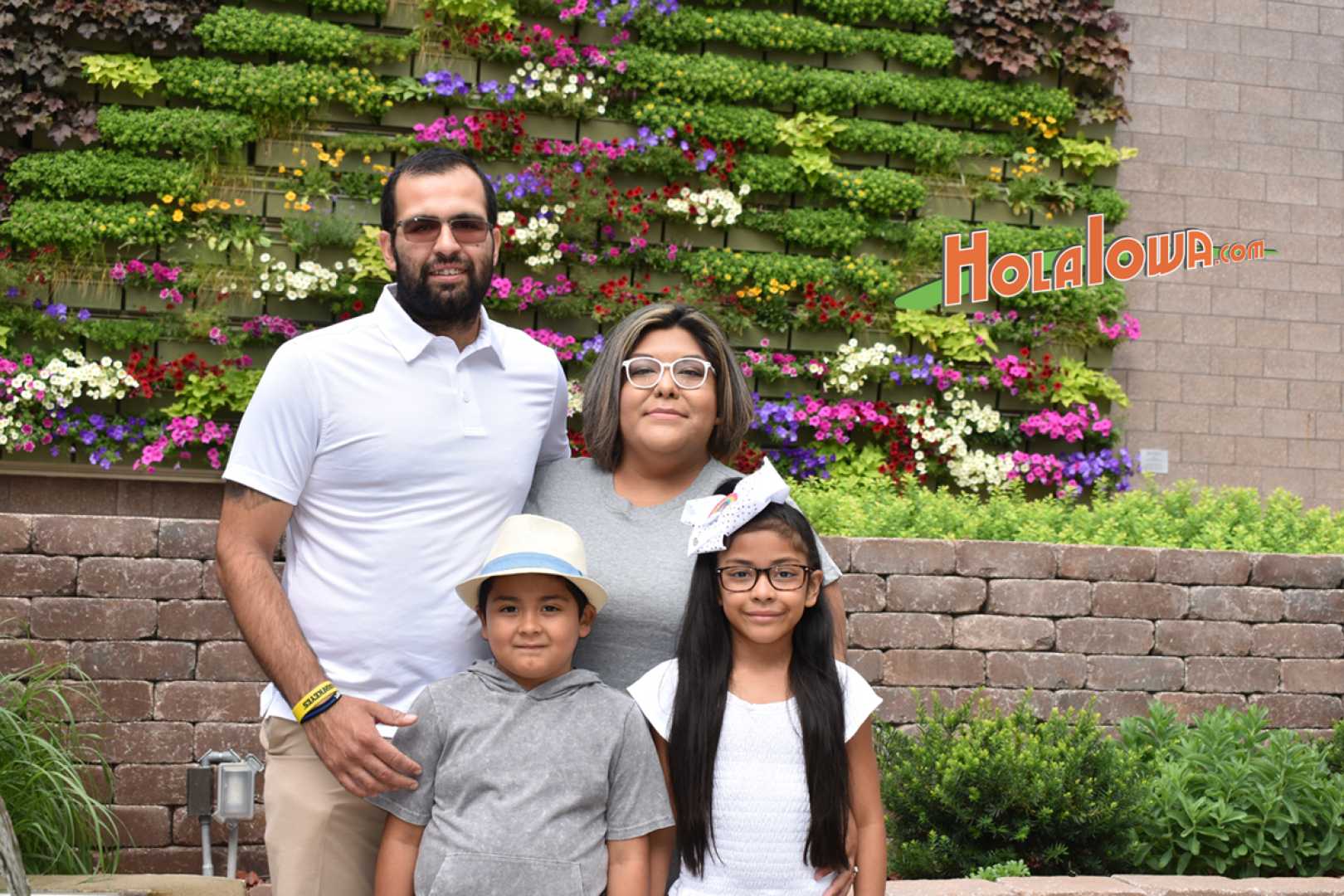News
U.S. Immigration Crisis: Couple Deported After Decades of Seeking Citizenship

Santa Ana, California — Gladys and Nelson González, who immigrated to the United States in 1989, were arrested and deported to Colombia last month after living in California for nearly four decades. The couple, who have three daughters, had devoted their lives to community service, including running Bible studies and volunteering at food pantries during the COVID-19 pandemic.
“For almost four decades, they have built a life here: raising three daughters, contributing to their community, and recently welcoming their first grandchild,” wrote their daughter, Stephanie González, on a family page. “Now, they are being treated like criminals.” The González family attended an immigration court appointment in Santa Ana on February 21, a routine event for them since 2000. However, this time, the outcome was starkly different.
After being arrested, Gladys, 55, and Nelson, 59, spent three weeks in federal custody before being deported. “They did expect to leave and had planned for it, but not in this manner,” said their immigration attorney, Monica Crooms, who began working with the couple in 2018. “We did not anticipate that they would be apprehended and detained. And this isn’t just specific to them — it’s happening across the country.”u00a0
According to Crooms and the González daughters, the couple had paid taxes and had no legal issues during their time in the U.S. Ideal circumstances would have allowed them time to organize their affairs and say goodbye to their daughters and grandchild, but that was not the case. “We had to go pick up their vehicle from the parking lot and we couldn’t even say goodbye,” said Stephanie.
The couple entered the U.S. without permission in 1989. They applied for asylum as they fled violence in their native Colombia. In 2000, an immigration court ordered them to leave the country voluntarily, allowing them time to make an exit and avoid deportation. “They sought a way to legalize their status based on what was available in the 90s,” Crooms explained. “Unfortunately, they fell victim to predatory immigration practices that were quite blatant.”u00a0
Despite thinking they could appeal their case, they were misled by their initial attorney, who was not licensed to practice law. Through the years, the couple has spent thousands on legal assistance, much of which came from non-immigration lawyers.u00a0
Over the last 25 years, the González have remained in a legal limbo, appealing for another chance at residency. They navigated the system through multiple hearings in various courts and agencies, including the Board of Immigration Appeals and U.S. Citizenship and Immigration Services.
During their two decades under supervision, they registered annually with the Department of Homeland Security as they prepared to leave the country. According to Crooms, their deportation officer had not exerted pressure for their exit until 2018, indicating that it was time if their status could not be legalized.
When they fled Bogotá, Colombia, the parents lived in fear. “When my parents left Bogotá, it was known as the murder capital of the world,” Stephanie wrote. “They were fleeing the rampant drug trafficking violence they were forced to endure.” After Nelson applied for asylum, they became victims of an egregious immigration fraud due to their initial attorney’s misconduct.
Stephanie emphasized that finding citizenship is extraordinarily difficult, with her parents only having one more opportunity to present their case after the initial fraudulent submission. The Ninth Circuit Court denied their review request in 2022.
While U.S. immigration law allows individuals living illegally to pursue legal avenues to avoid deportation, those who exhaust appeals and processes remain subject to final removal orders. The González family contends that they were treated unfairly during the removal process. “My parents loved this country and sacrificed all their resources to try to obtain citizenship, yet the system failed them,” Stephanie stated. “They should have had the dignity to settle their affairs and leave in a respectful manner — not thrown into detention centers, which are just another name for a jail, without knowing when they would be released.”
While under ICE custody, the couple was separated for nearly three weeks at detention centers in California, Arizona, and Louisiana. Their deportation was delayed due to a government mishap, as Crooms explained, “The Department of Homeland Security lost their passports.” Colombian authorities ultimately had to provide travel documents for their expulsion.
Stephanie remains hopeful that her parents might return to the U.S. one day. Currently, their focus is on helping them adjust back to life in Colombia, raising $65,000 to aid their reconstruction and legal endeavors. Due to a law stipulating a 10-year ban for anyone who has been in the U.S. illegally and failed to comply with a voluntary departure, the González couple cannot return until 2035 at the earliest. Crooms added, “I believe they will be able to return, but not in the next ten years, unless there’s some significant immigration law change.”
Having accompanied the couple to their immigration check-ins annually since 2018, Crooms was not called this time. She speculated that the González might have thought everything had proceeded smoothly in the past. “Anyone under supervision who must report should anticipate that detention and expulsion are very real possibilities for them,” Crooms warned. Both illegal immigrants and lawful permanent residents should exercise caution when traveling, she added.
The crackdown on immigration violations initiated under the Trump administration continues to impact families like the Gonzálezs, as noted by Crooms and Stephanie. “The numbers of people being detained and housed in these facilities are heartbreaking, and I hope this administration realizes the detrimental effect it will have on so many American families,” Stephanie concluded.
Contributors Alberto Moya and Norma Galeana of CNN contributed to this report.












